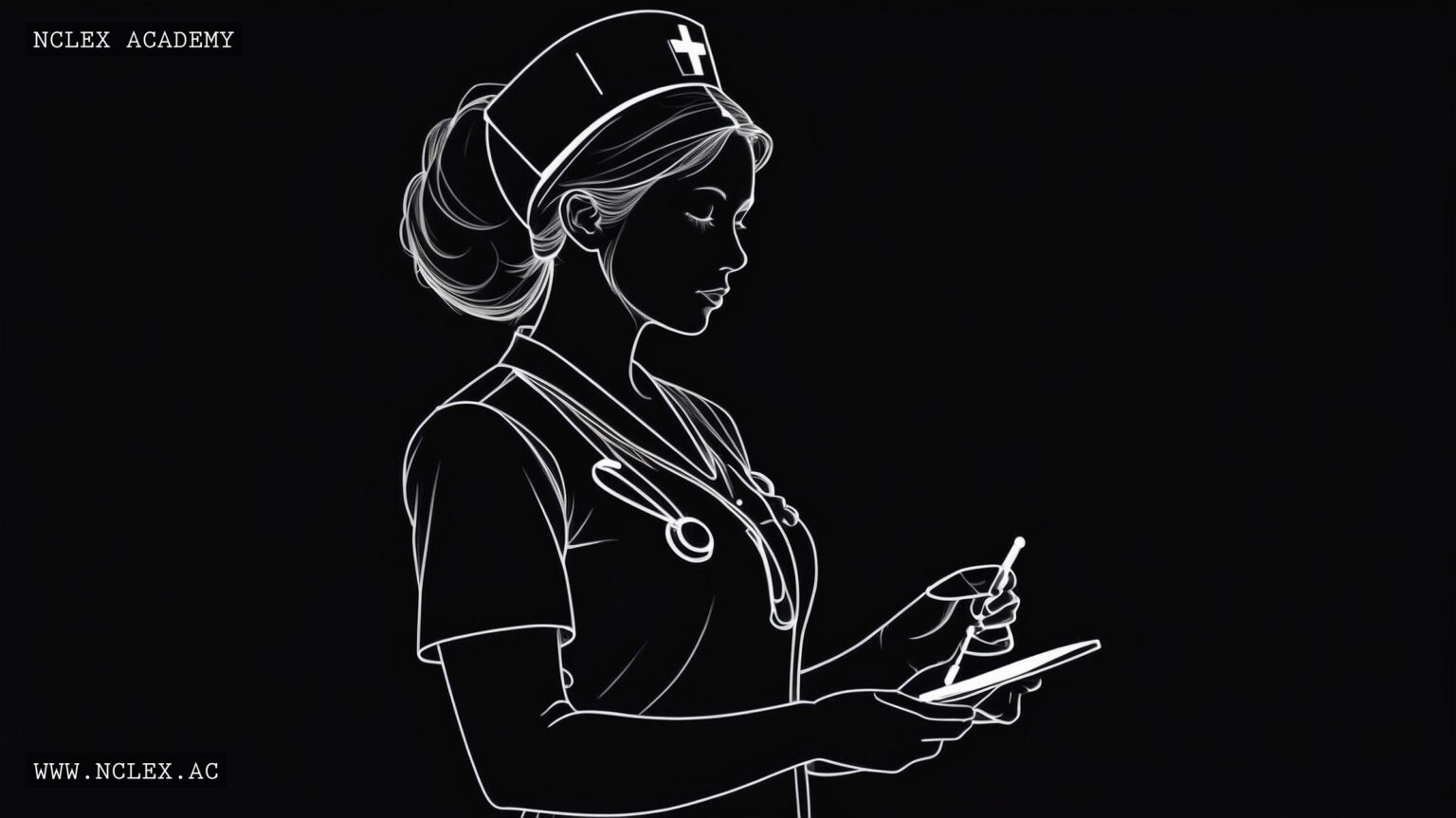The inaugural semester of nursing school is a pivotal journey into the world of healthcare. It equips students with foundational skills that are not only essential for clinical practice but also invaluable for their entire nursing careers. As fledgling professionals traverse this rite of passage, they emerge with a skill set that forms the bedrock of their nursing practice. In this article, we explore the seven quintessential skills that nursing students develop during their first semester, each serving as a critical stepping stone toward becoming competent, compassionate caregivers.
1. Clinical Decision-Making and Critical Thinking
One of the most crucial skills acquired in the first semester is the ability to think critically and make informed clinical decisions. Nursing students begin to learn how to assess patient situations, interpret data, and draw upon their knowledge to make judicious decisions. This involves a combination of analytical skills, logical reasoning, and applying evidence-based practices, which are fundamental to providing high-quality patient care. Through simulation labs and supervised clinical experiences, students start to cultivate these skills, setting the stage for more advanced clinical judgment.
2. Effective Communication
Communication is the cornerstone of nursing practice. Early in their education, students are taught the importance of clear, concise communication with patients, families, and the healthcare team. This encompasses not just verbal interactions but also nonverbal cues, written documentation, and the use of technology to convey information. Effective communication ensures that patient care is coordinated, needs are understood, and errors are minimized. Moreover, students learn to practice active listening, empathy, and cultural competence, crucial for holistic care.
3. Basic Nursing Care and Procedures
The hands-on skills of nursing are formed during the initial semester. Students master the nuts and bolts of basic patient care, such as taking vital signs, administering medications, wound care, and assisting with daily living activities. These are the bread and butter of nursing practice, carried out with compassionate care and attention to detail. A strong proficiency in these procedures is essential, as they are often the first line of assessment and care for patients across all settings.
4. Time Management and Organization
Efficient management of time and organizational skills are quickly recognized as indispensable for nursing students. The fast-paced environment requires prioritizing tasks, juggling multiple patient needs, and coping with unexpected situations. Students learn to allocate their time effectively, organize their workload, and streamline care procedures without compromising safety or quality. These skills are not only crucial in the real-world setting but also for managing the rigorous demands of nursing school itself.
5. Teamwork and Collaboration
Nursing is seldom a solo endeavor. It thrives on teamwork and interdisciplinary collaboration. Students are introduced to the dynamics of working in a team, understanding each member’s role, and collaborating to provide optimal patient care. Nursing students learn to value diverse perspectives, share information transparently, and work cohesively with colleagues from different specialties. This team-centric approach is vital for successful patient outcomes and a harmonious work environment.
6. Patient Safety and Infection Control
Ensuring patient safety and maintaining strict infection control protocols is paramount in healthcare. Early in their education, nursing students are imbued with the principles of patient safety, from how to identify potential hazards to implementing best practices in minimizing risk. Infection control techniques, such as proper hand hygiene, use of personal protective equipment (PPE), and adherence to sterilization protocols are rigorously taught and practiced, establishing a zero-tolerance mindset for preventable complications.
7. Self-Care and Resilience
Nursing students quickly realize the importance of taking care of themselves to effectively care for others. Skills in self-care and developing resilience are essential for their well-being and career longevity. Stress management, mindfulness, setting boundaries, and seeking support are emphasized. Students learn the importance of self-awareness and self-compassion, recognizing that the ability to bounce back from challenges is crucial for personal and professional growth.
In conclusion, the first semester of nursing education is where the foundation for a successful career is laid. It instills in aspiring nurses the essential skills that are not only the prerequisites for patient care but also the attributes of a well-rounded health professional. As students progress in their journey, these skills are honed and expanded upon, setting them up to become leaders in the field of nursing.
NCLEX Academy
NCLEX Academy is a leading online platform dedicated to helping nursing students succeed in their NCLEX exams. With expert-led courses, printable exam prep materials, and personalized study plans, NCLEX Academy offers comprehensive resources to boost confidence and performance. The site also covers a wide range of interesting nursing topics, making it a must-visit for all nurses looking to expand their knowledge and skills. Join thousands of students and nurses who have achieved their dream of becoming licensed professionals with NCLEX Academy.
NCLEX Academy Official Website
